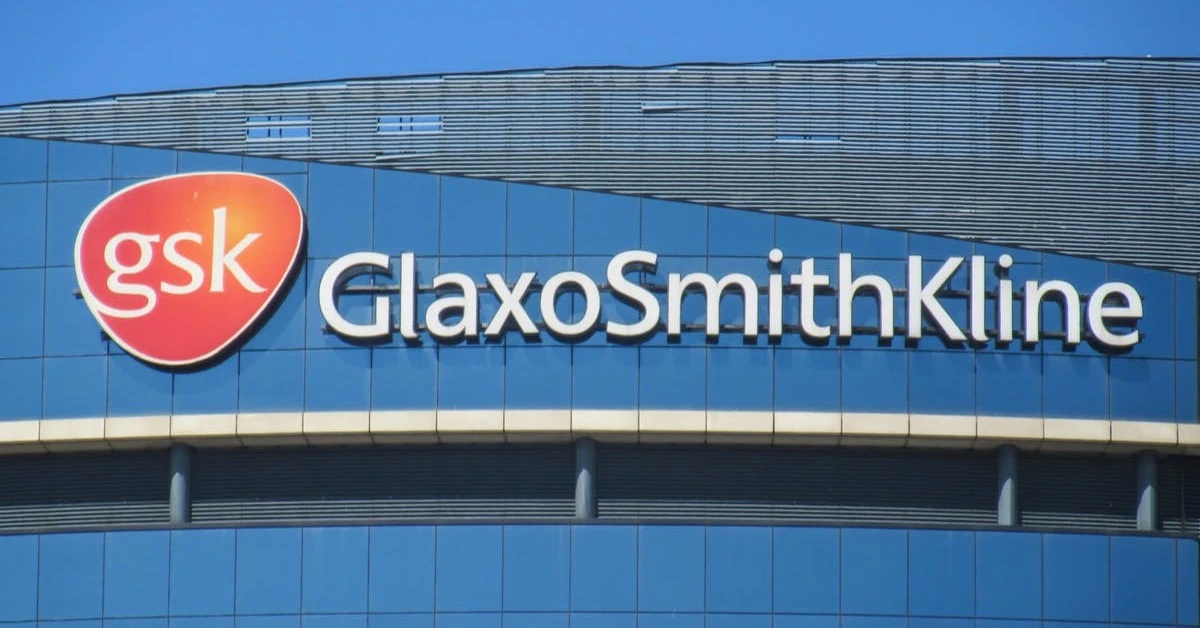
U.K. – GSK has recently finalized another significant partnership, this time collaborating with Danish biotech Muna Therapeutics.
The agreement aims to advance innovative therapies and explore new treatment pathways for Alzheimer’s disease.
This latest deal builds on GSK’s increasing focus on neurological disorders and follows a potential US $650 million agreement with Vesalius, a Flagship VentureLabs company, announced just weeks ago.
That collaboration targets the development of therapies for Parkinson’s disease and another undisclosed neurodegenerative condition, reflecting GSK’s growing interest in the neuro space.
Under the terms of the partnership with Muna, GSK will pay an upfront sum of approximately €33.5 million (US $35 million), with up to €140 million (US $147.6 million) per target in milestone payments.
Additionally, Muna will receive tiered royalties on net sales of any product successfully commercialized through the partnership.
Although the exact number of targets has not been disclosed, GSK has expressed interest in pursuing “multiple, high-value, validated” targets related to Alzheimer’s disease.
As part of the collaboration, Muna will leverage its proprietary MiND-MAP platform to identify and validate potential therapeutic targets.
Following this, GSK will take over all subsequent stages of drug development, including preclinical and clinical trials, regulatory activities, manufacturing, and commercialization.
Central to this partnership is Muna’s MiND-MAP platform, an “all-in-human target discovery and validation approach.”
This innovative platform employs single-cell spatial multi-omics and advanced bioinformatics to investigate genetic, cellular, and molecular mechanisms associated with diseases or with individuals’ resistance to them.
By focusing on postmortem human brain samples, Muna can pinpoint potential disease-causing proteins, facilitating the development of novel small-molecule drugs.
GSK’s Senior Vice President and Global Head of Respiratory/Immunology R&D, Kaivan Khavandi, emphasized the significance of this approach, noting, “By applying spatial multi-omics to unique patient phenotypes, Muna’s MiND-MAP platform is able to determine the genetic and cellular basis of progression and resilience in neurodegenerative diseases.”
He added that the partnership seeks to deliver much-needed therapeutic solutions for Alzheimer’s disease.
This collaboration with Muna marks the third high-profile agreement GSK has unveiled in recent weeks.
In another notable move, the company secured a US $1 billion deal with DualityBio, granting GSK exclusive rights to a promising antibody-drug conjugate for an undisclosed gastrointestinal cancer target.
Additionally, GSK has extended its partnership with Chongqing Zhifei Biological Products, allowing the Chinese company to maintain exclusive rights to import, distribute, and co-promote the shingles vaccine Shingrix in China for several more years.
XRP HEALTHCARE L.L.C | License Number: 2312867.01 | Dubai | © Copyright 2025 | All Rights Reserved